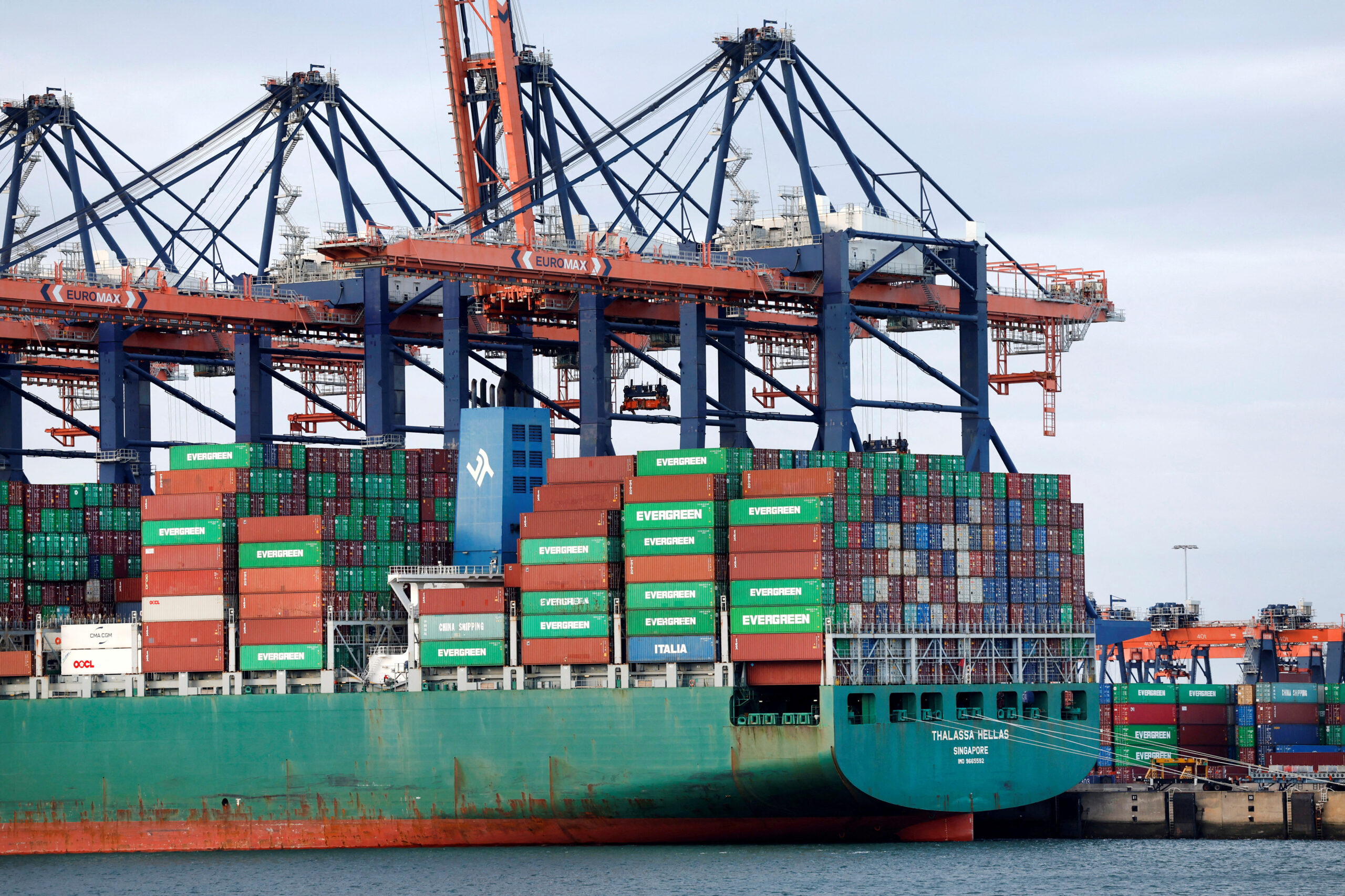Is there a secret to longevity? This health expert says 1,000% yes
In the era of social media, post-COVID, and with mental health at the forefront, a shift is taking […]

The OECD’s latest projections for 2024 and 2025 indicate that heightened geopolitical tensions pose a short-term risk. The organisation cautioned on Monday that a careful approach to global monetary policy is essential to prevent the premature resurgence of inflation.
While the OECD revised its global growth forecast upwards, the US and Eurozone’s GDP growth forecasts (at 2.1% and 0.6% respectively in 2024) lagged behind India, Indonesia, and China in the OECD’s top three spots at 6.2%, 5.1% and 4.7% for the same period.
The updated forecasts underscore the potential impact of ongoing geopolitical tensions in the Middle East and int he Red Sea on inflation, especially if conflicts disrupt energy markets which could sustain inflationary pressures, compelling countries to reconsider their monetary easing strategies. Prolonged tensions might result in weaker global economic growth.
The Paris-based organisation emphasises that interest rates should not be lowered before a sustained decline in inflation occurs. Consequently, the OECD anticipates that interest rates will remain elevated in G20 economies for an extended period.
According to the OECD, the recent doubling of shipping freight rates could lead to a nearly 5 percentage point increase in import price inflation across its 38 member countries if the elevated costs persist. The OECD’s latest economic outlook suggests that such a scenario could contribute an additional 0.4 percentage points to overall prices within a year.
It also forecast the “growing fiscal challenges” confronting most G20 economies with increasing debt burdens likely to compel countries to limit spending and trim budgets in the medium term, aiming to fortify themselves against future shocks.
The OECD consists of 38 member countries, encompassing the United States, United Kingdom, Australia, Canada, Mexico, France, Germany, Israel, Turkey, Japan, and South Korea, among others.
Europe has faced a more pronounced impact from an energy price shock, the effects of inflation on real incomes and consumption, and its increased reliance on bank-based financing in the face of a more stringent monetary policy.
The OECD, in the medium-term, anticipates a bigger impediment to growth stemming from Europe’s aging workforce.

In the era of social media, post-COVID, and with mental health at the forefront, a shift is taking […]

With its fast speeds and revolutionary potential, 5G stands out as a noteworthy milestone in the field of […]